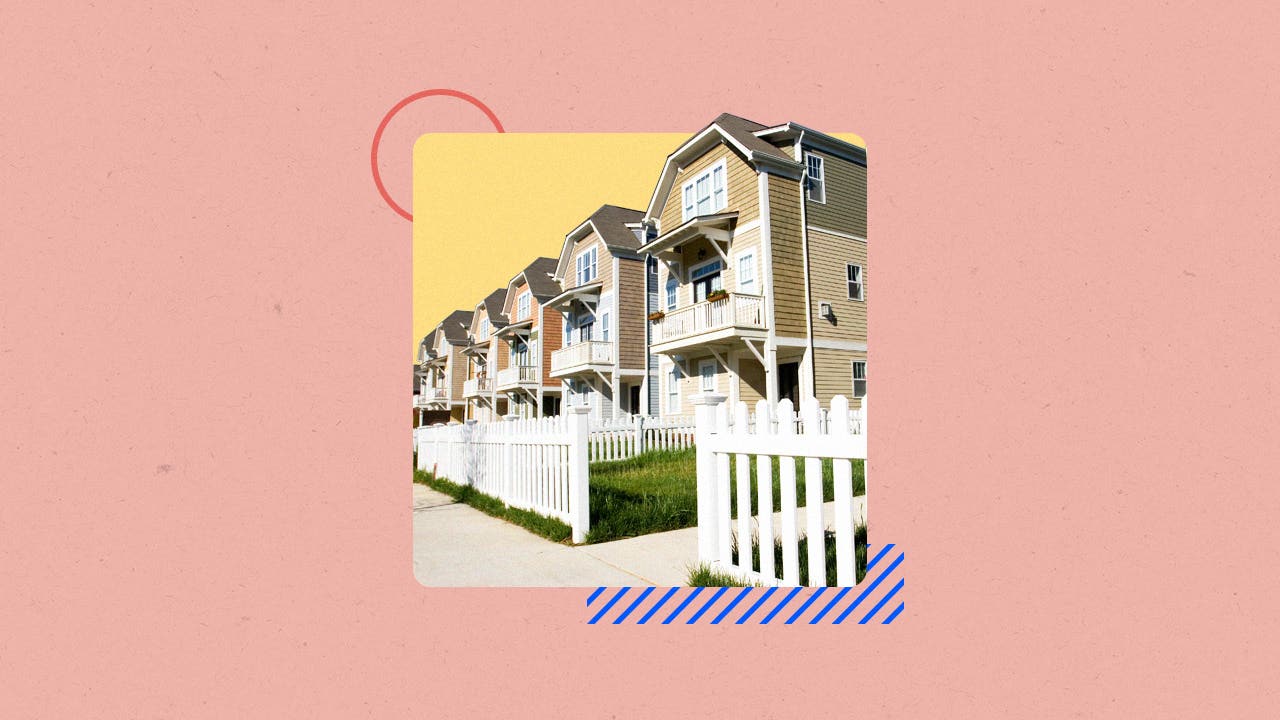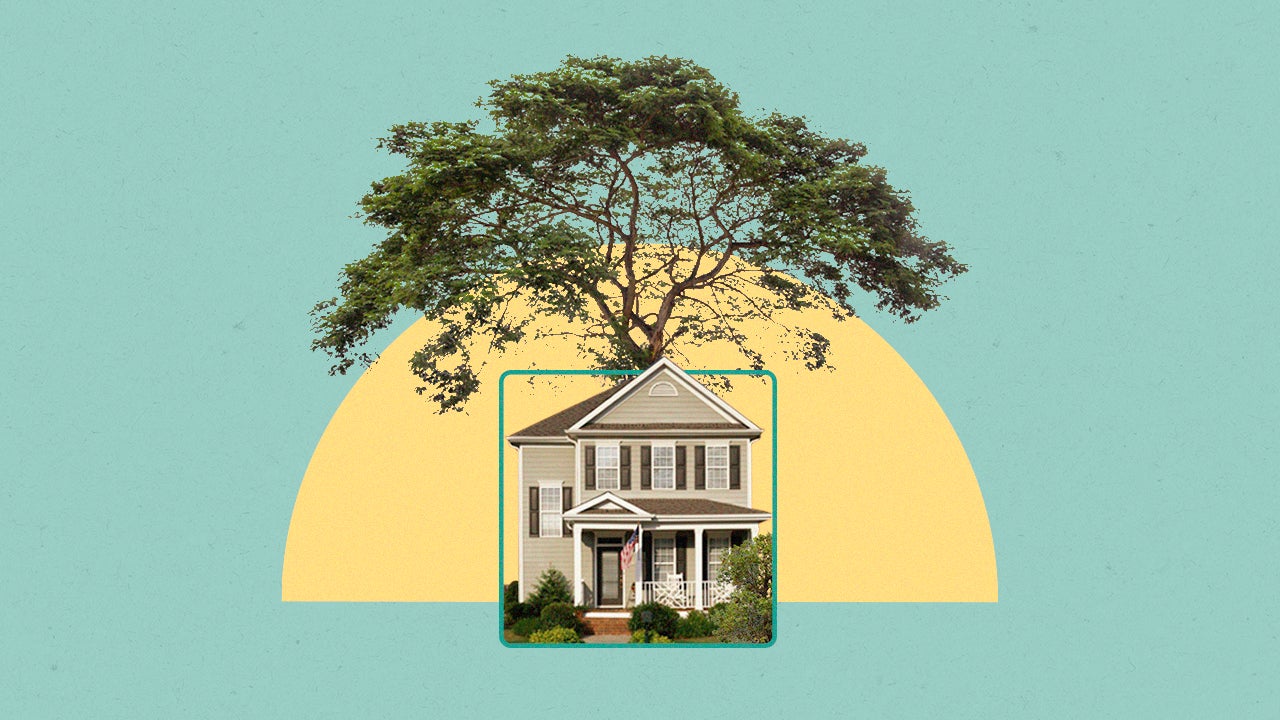Average monthly mortgage payment




If you’re in the market for a home, affordability is likely top of mind — perhaps now more than ever. The record-high home prices of recent years have led to record-high monthly mortgage payments as well, according to data from Redfin.
While the money you pay toward your mortgage is only one piece of your monthly payment, it’s an important one. Here’s what you can expect.
What is the average monthly mortgage payment?
The median monthly mortgage payment for U.S. homebuyers is currently $2,259. This assumes a buyer making a 20 percent down payment on a $435,300 home — the median sale price for an existing home in June, according to the National Association of Realtors — at 6.75 percent interest, the current average for a 30-year loan based on Bankrate data.
Note that there’s a difference between “median” and “average.” The average — also known as the mean — is the sum of a set of numbers divided by the amount of numbers in the set, while the median is the midpoint in the set. Because an average can be skewed by high and low numbers, the median provides a more accurate picture.
Monthly mortgage payments by loan size
The biggest variable in a monthly mortgage payment is the size of the loan itself: the more you borrow, the more you pay each month. The figures in the table below are based on June 2025 median regional existing-home sale prices reported by the National Association of Realtors (NAR).
Note: To calculate the monthly principal and interest payment, we assume a 30-year mortgage at a fixed, 6.75 percent interest rate and a 20 percent down payment.
| Home price | Loan size | Monthly mortgage payment |
|---|---|---|
| $337,600 | $270,080 | $1,752 |
| $374,500 | $299,600 | $1,943 |
| $543,300 | $434,640 | $2,819 |
| $636,100 | $508,880 | $3,301 |
Monthly mortgage payments by loan type
Your mortgage payments will also vary depending on the type of mortgage you have. That’s because different mortgages come with different interest rates and fees. For this table, we’ll use the median existing-home price for June 2025 — $435,300 — along with Bankrate’s current average APRs for each loan type, assuming a 30-year term for each.
| Loan type | Down payment | Average APR | Monthly payment | Total interest paid |
|---|---|---|---|---|
| Conventional | 20% | 6.82% | $2,275 | $470,726 |
| FHA | 3.5% | 6.97% | $2,786 | $582,962 |
| VA | 0% | 7.00% | $2,896 | $607,282 |
It’s important to note that each of these loans can include fees that will affect your monthly payment. For instance, both conventional and FHA mortgages may charge mortgage insurance premiums, and VA loans typically involve a funding fee, which can be rolled into the loan itself.
Mortgage payments for the top 15 metro areas
Median monthly mortgage payments differ depending on factors like demand, the local housing market, the age of homes, average area income, area demographics and more. Here are the current median mortgage payments for the top 15 metro areas.
Home prices and monthly mortgage payments over time
Home prices have increased significantly in recent years — ever since the onset of the pandemic, in 2020. In 2022, mortgage rates began to rise rapidly, reaching levels not seen in two decades. They peaked at over 8 percent — for a 30-year, fixed-rate conventional mortgage — in October 2023, before dropping to around 7 percent by the end of the year. For 2024, rates averaged 6.9 percent, and they started 2025 at around 7 percent, though they’re now a bit lower.
The following table was created using data on new home sales from the U.S. Census Bureau, as well as Bankrate’s data on annual interest rates. Monthly payments assume the yearly average rate for a 30-year, fixed-rate mortgage with a 20 percent down payment.
| Year | Median monthly mortgage payment | Median new home sale price | Average yearly interest rate |
|---|---|---|---|
| 2024 | $2,207 | $418,950 | 6.90% |
| 2023 | $2,268 | $426,167 | 7.00% |
| 2021 | $1,525 | $396,800 | 3.15% |
| 2019 | $1,242 | $320,250 | 4.13% |
| 2017 | $1,250 | $322,425 | 4.14% |
| 2015 | $1,122 | $294,150 | 3.99% |
| 2013 | $1,037 | $266,225 | 4.17% |
| 2011 | $927 | $224,900 | 4.65% |
What is included in an average mortgage payment?
The typical mortgage payment has several components: the loan principal, loan interest, taxes and insurance, also known as PITI.
- Principal : How much you borrow for your mortgage, which is the difference between your down payment (if any) and the home’s final purchase price. Your down payment amount and your loan term — the amount of time you choose to pay off your loan — both affect your principal payment.
- Interest: How much you pay to borrow the mortgage. Your interest rate is influenced by broader market conditions, as well as your personal finances, like your credit score.
- Taxes: The property taxes paid to your local jurisdiction, determined by the assessed value of your home
- Insurance: The homeowners insurance you buy to protect the home, as well as any private mortgage insurance (PMI). Your homeowners insurance cost can vary based on the coverage options you choose and your location, while your PMI cost is influenced by your down payment, credit score and other financial factors.
Along with how much you pay for the home, how much you pay in interest, taxes and insurance can vary significantly by location. One municipality or county may have much higher property taxes than its neighbor. It’s important to research these details while shopping for a home to help you estimate your monthly mortgage payment.
Why we ask for feedback Your feedback helps us improve our content and services. It takes less than a minute to complete.
Your responses are anonymous and will only be used for improving our website.



